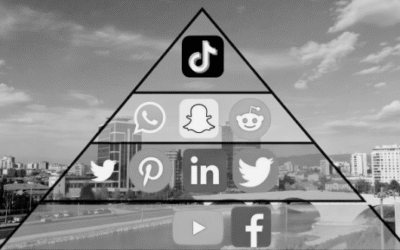The skill of creating a positive employee experience
Systems thinking is emerging as the biggest trend in Human Resources according to research conducted by Deloitte and published in the 2016 Global Human Capital Trends report, based on more than 7,000 survey responses conducted in 130 countries worldwide.
Global trends and the “overwhelmed employee”
Global Human Resources trends announced this trend two years ago when they identified the “overwhelmed employee” as a significant risk for talent development and retention in organizations. This trend brought attention to the employee who faces the challenge of effectively managing the influx of electronic messages and information while “struggling” to respond to increased and complex work obligations and the responsibility to be available 24/7.
In 2015, Global Human Resources trends noted the first attempts by Human Resources to “simplify” the work environment in response to employee overload.
Incorporating systems thinking
Today, innovative Human Resources departments are directing their activities toward incorporating systems thinking into managing, supporting, and training employees in their organizations.
Instead of building “programs” and “processes,” Human Resources departments are evaluating employees with the goal of creating applications and tools through which they will reduce employee stress and increase their productivity.
Key results from Deloitte’s research
In Deloitte’s research, 79% of CEOs rated systems thinking as the highest priority when it comes to changes in the field of talent management, while only 12% of respondents believe that systems thinking is represented in their talent management programs in the organization.
50% of these CEOs who rated their talent management programs as excellent due to the application of systems thinking belong to the category of companies that have high business results.
It becomes clear that systems thinking is emerging as a best practice for leading companies and innovative Human Resources departments.





